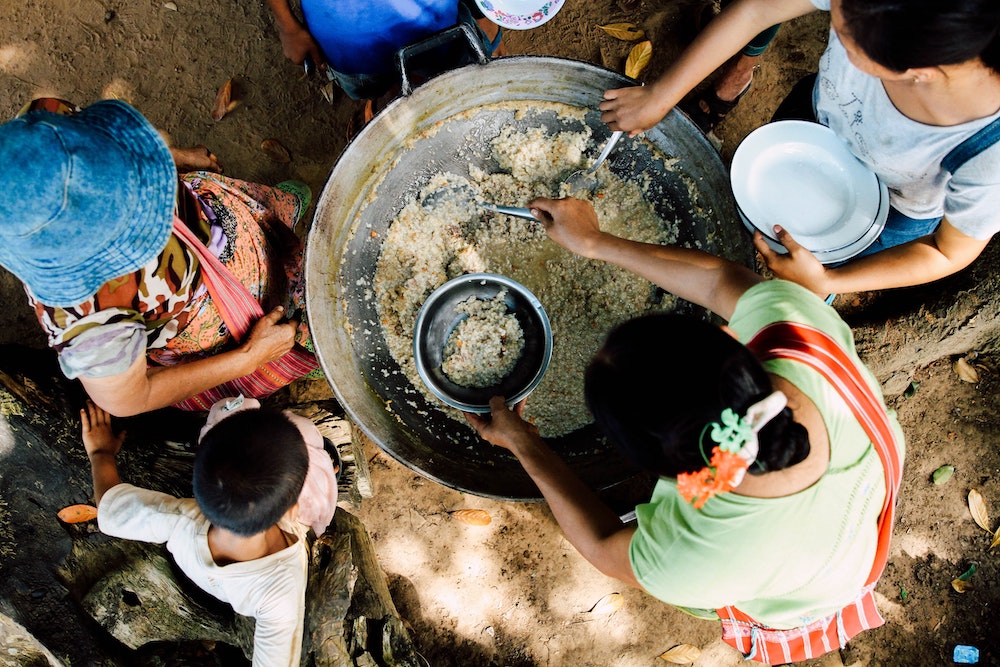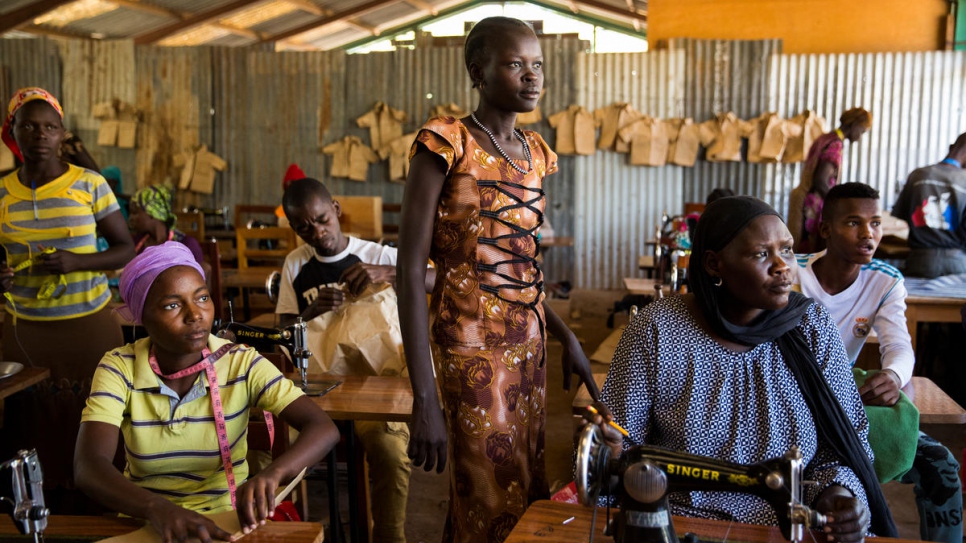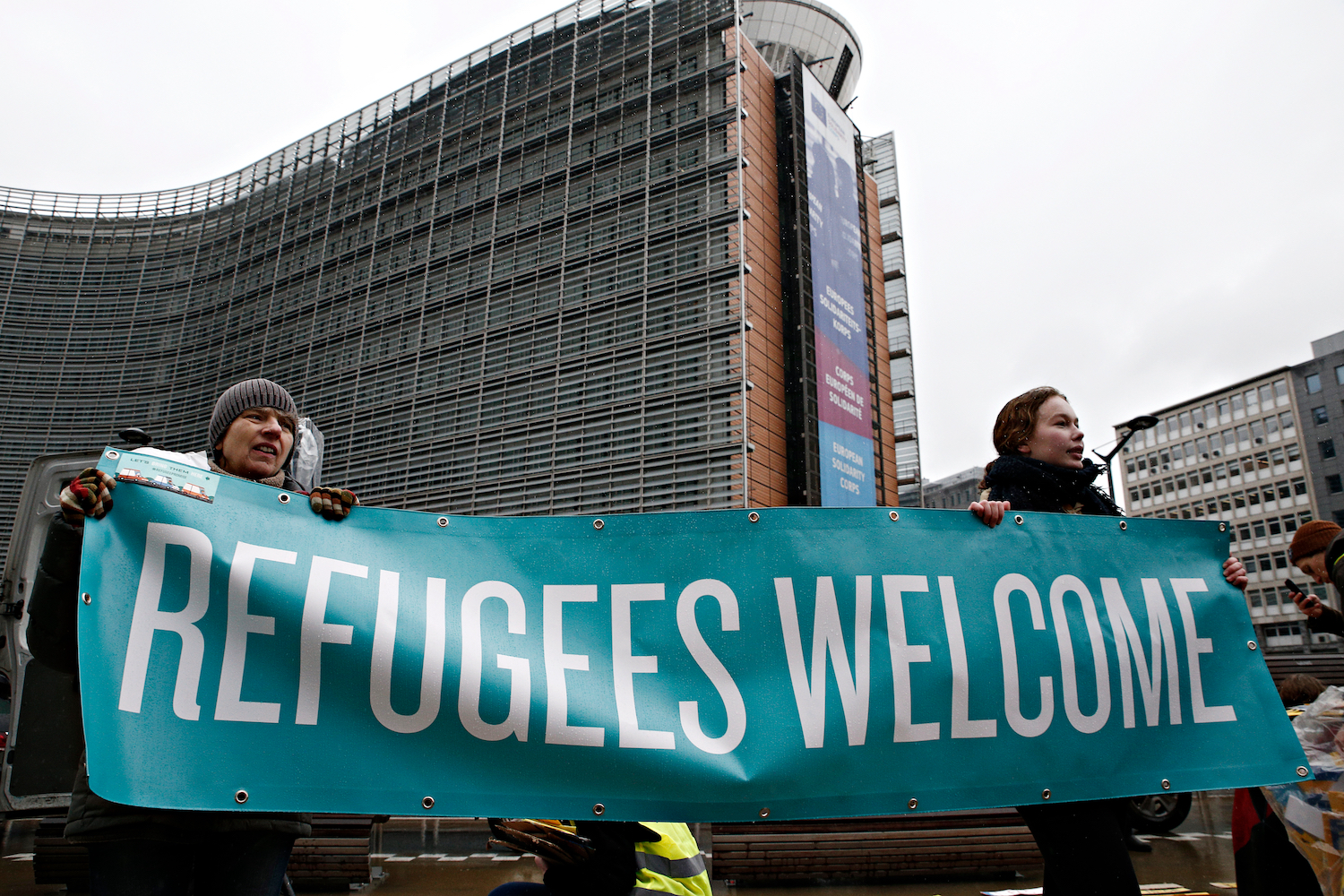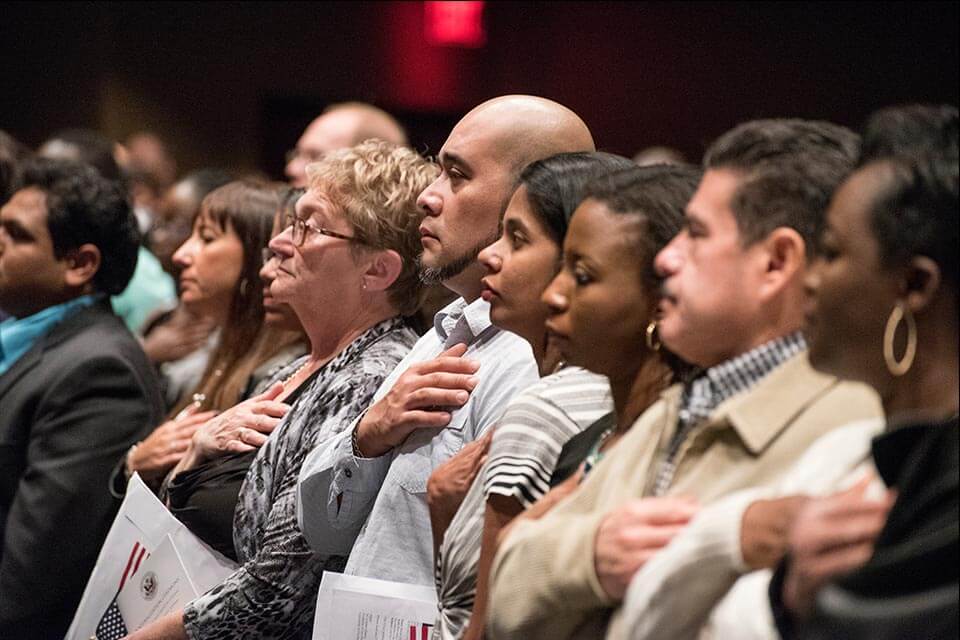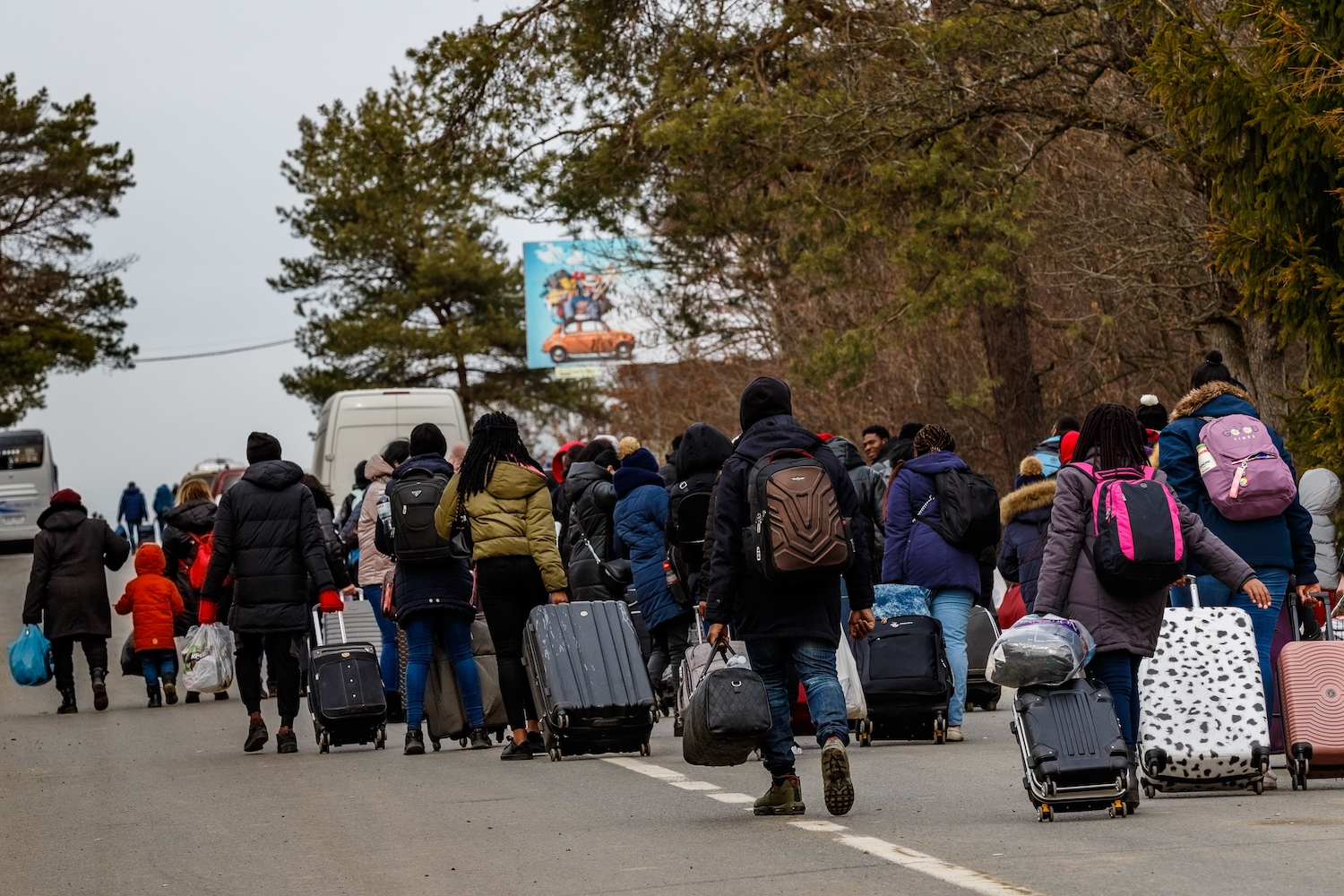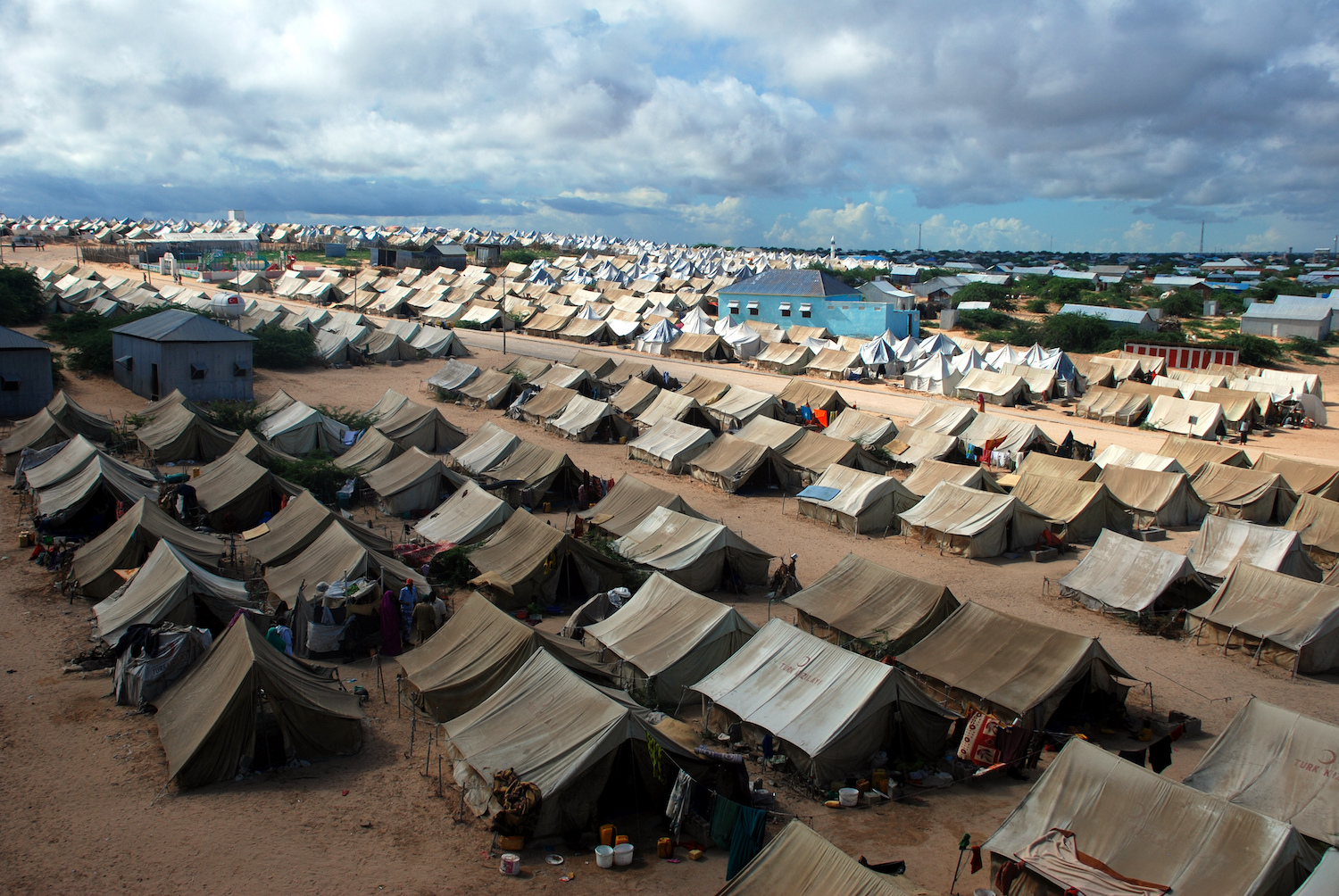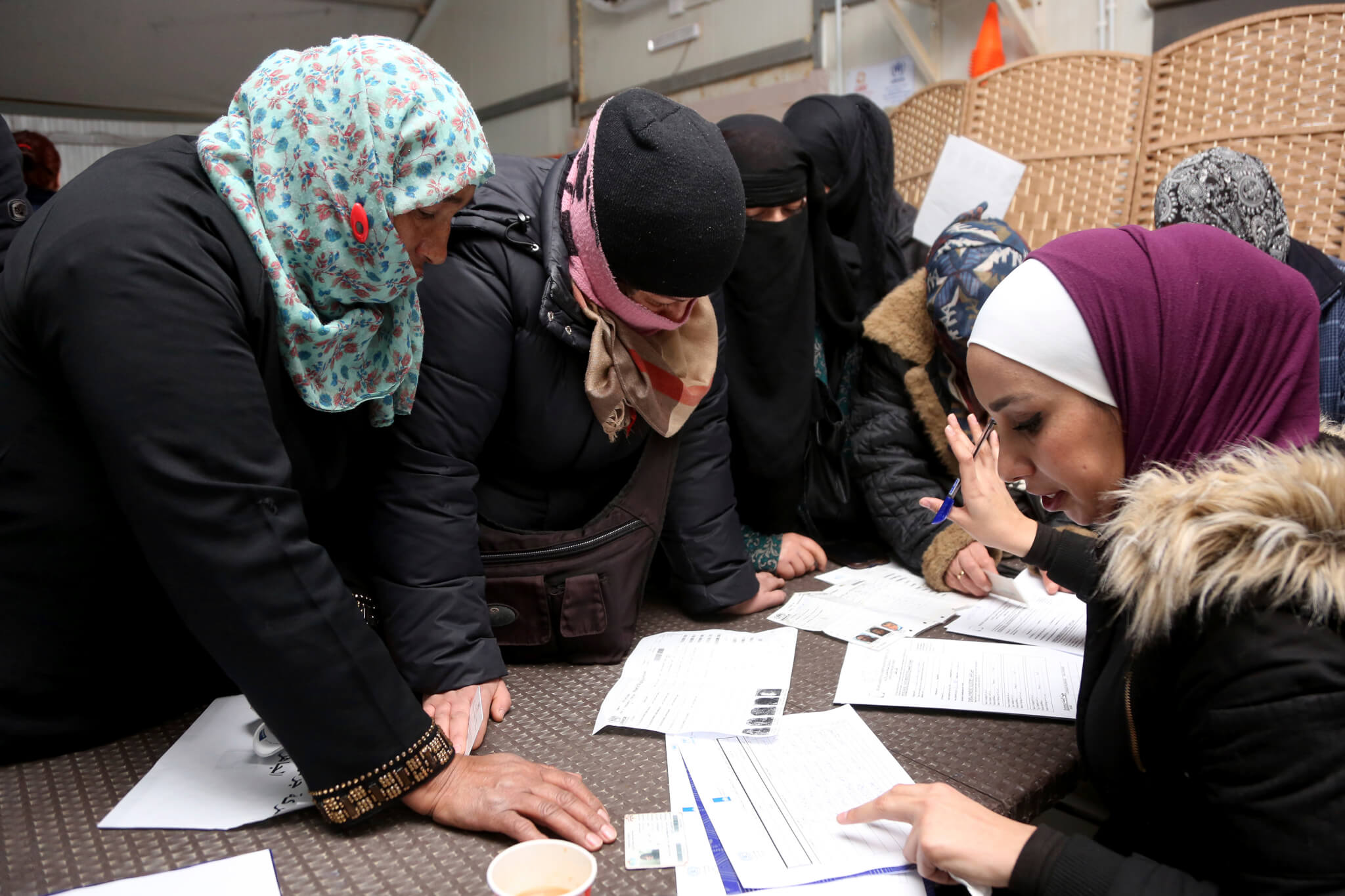ImpactAlpha, April 7 — San Francisco-based Kiva launched in 2005 soared to prominence as a microfinance crowdfunding platform. In its second act, “I think there’s an opportunity for us over time to become a multi-billion dollar fund manager,” CEO Neville Crawley told ImpactAlpha in 2019 when the organization launched Kiva Capital Management (see, “Q&A: CEO Neville Crawley wants Kiva to change systems as well as lives”).
Kiva Capital has closed the Kiva Refugee Investment Fund at $32.5 million to provide debt capital to microfinance and other intermediaries promoting financial inclusion for underserved refugees in the Middle East, Africa and Latin America. “With the addition of Kiva Capital, alongside Kiva.org, the scale and the ability to truly drive innovation and awareness changes,” Kiva’s Will Jacobsen told ImpactAlpha.
Refugee lens
Kiva has lent $20 million to refugees since 2016 through a pilot program. The upshot: refugee populations are often perceived as risky, but they repay their loans at similar or higher rates than non-refugees. “Democratizing fair access to capital for the most vulnerable and underserved among us is more critical than ever,” said Kiva’s Julie Hanna. The vision: Refugees can get bank accounts, single mothers can start businesses and local banks can finance emergency repairs in rural villages.
Fund management
The refugee fund is Kiva’s third impact fund. Kiva Capital manages the California Rebuilding Fund, launched with Calvert Impact Capital and state officials, to buy loans from community development financial institutions (see, “California Rebuilding Fund strengthens regional community development financing infrastructure”). With Google, Kiva created a $26 million Small Business Resilience Fund to support small enterprises in 10 countries.
Impact-first
The cohort of investors in the Kiva refugee fund included Soros Economic Development Fund, Sobrato Philanthropies, ImpactAssets, Ceniarth, Missionary Sisters of the Sacred Heart of Jesus, Tiedemann Advisors, Shapiro Family Foundation, Dunn Family Charitable Foundation and Fairmount Foundation. The U.S. Development Finance Corporation, formerly OPIC, and Mercy Investment Services provided debt financing.

